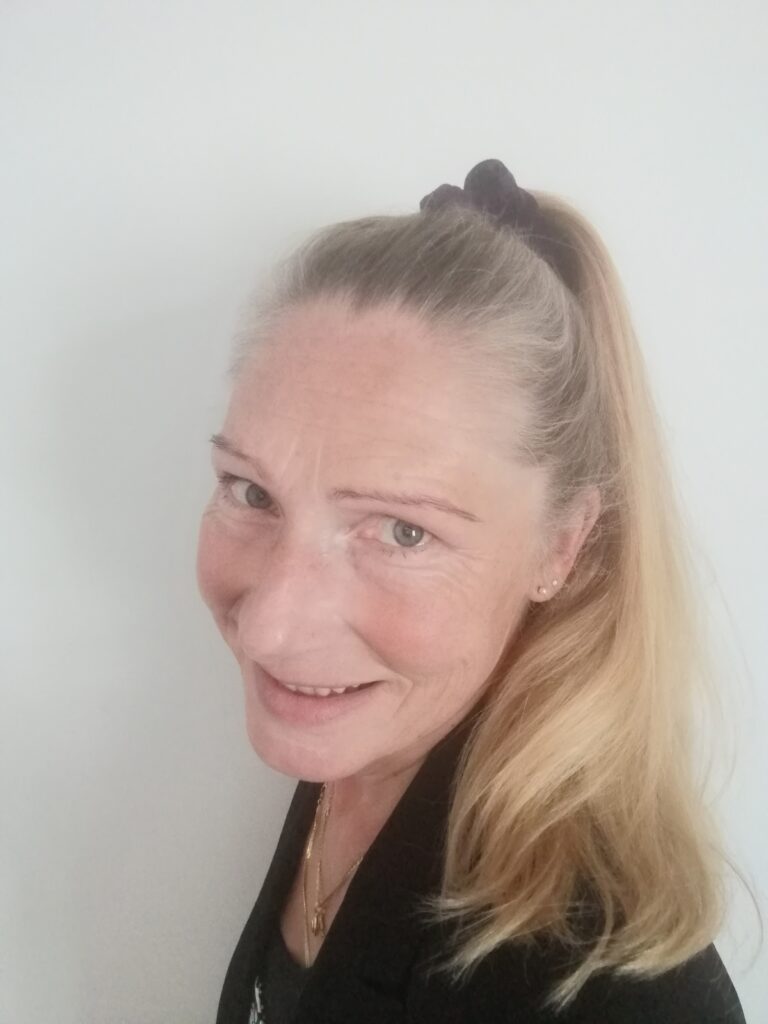
By Annie Waddington-Feather, Consultant
With the theme of ‘Care about Our Future: global symposium for sustainable care and support’, the 2023 Global Ageing Network’s biennial conference, held in conjunction with Scottish Care and the National Care Forum was a unique opportunity for international sharing and learning.
More than 650 attendees from 48 countries came together in Glasgow, to discuss topics varying from human rights, and creativity, to models of care, ethical considerations, and management practices.
Day 1: The International Social Care Workforce Summit
This summit put the spotlight on the biggest challenges the global social care workforce faces: recruitment, retention, and training.
Dr Leon Geffen, Director, Samson Institute for Ageing, Cape Town South Africa highlighted there’s not enough people working in care worldwide, and ‘brain drain’ from developing countries is affecting their care sector further.
Kim Gaskell, Chief Operating Officer, The Riverwoods Group, USA pointed out ‘there is the challenge of engaging with Gen Z, who don’t want to work in care.’ Looking at retention, Marcus Riley Executive Chairman, Ballycara, Australia offered solutions such as the organisation’s “Form of hope” for staff recognition, and suggested informal recognition gatherings have more impact.
Examining ageism in long term care, Dan Levitt, Chief Executive Officer, KinVillage Association, Canada and CommonAge Board Director, believed there also needed to be change in ageist language and terminology; there was a need ‘to see people as people, not as residents or fulfilling an ageist stereotype.’
India meanwhile faces other challenges; Mansur Dalal, Deputy Chair, CommonAge, said many people who left India decades ago are returning to retire, resulting in 41 million seniors residing in urban areas.
In summing up, Dr Robyn Stone, Senior Vice President, Research, LeadingAge, USA, called for internationally recognised core standards for career development, skills training and competencies, as well as standards to recognise emotional skills required in dementia care.
Day 2&3: Global Symposium for sustainable care and support
Over the next two days, featuring international leaders from across the globe, the packed schedule included 7 panel sessions, sparking discussions on the case for reform, human rights, technology, unpaid carers, research, healthy ageing and the need to listen to and empower the people we serve.
The huge range of topics covered in the 24 workshops included building design, technology in care, AI, creativity, trauma informed care, end-of-life and bereavement, governance, leadership, and dementia.
Through this global coming together of minds, sharing ideas and innovations, solutions to the many challenges the sector faces may develop.
However, there is still the need for governments to get on board, and ageism needs to be addressed.
Speaking with Katie Sloan, Chief Executive of The Global Ageing Network, she pointed out, we want Governments to look at ageing as an investment and not as an expense, and suggested thinking around ageing was reframed. ‘Ageing is real; it’s a part of life. What’s good is some countries are beginning to acknowledge it and only then can we see ageism dissipate.’
Some countries face unique challenges; Katie believed education and sharing best practice, particularly with dementia care, can help overcome cultural beliefs.
When looking at how developing countries can be supported, she pointed out we need to ask what providers need; for instance, funding basics like a washing machine can free up time for staff to care for people.
After the trauma of covid, Katie said vital support was needed for workforce wellbeing.
This aspect was echoed by Dr Donald Macaskill, Chief Executive of Scottish Care; in closing the conference, he stressed the need to look after yourself.
With a serene Scottish beach as a backdrop image, he urged delegates to find your ‘touching place’, or ‘aite samhach’ as they say in Scotland.



